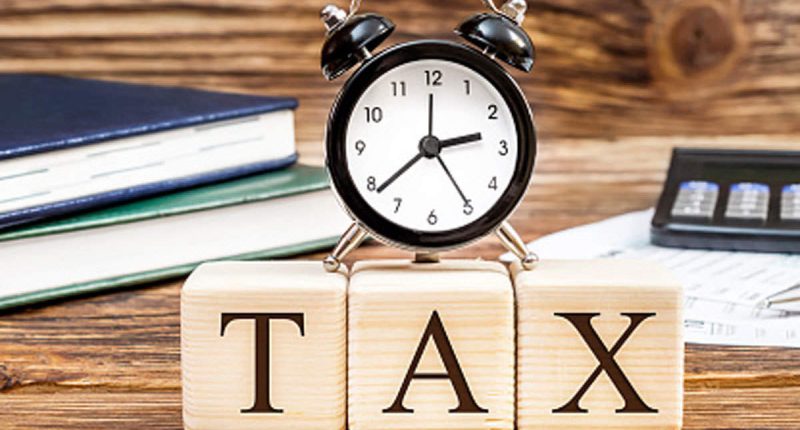As a salaried individual who invests in tax-saving products, avoiding the following few mistakes are quite essential to save on hard-earned money. For most salaried individuals, a December-January period is usually the time when their employers ask for proofs of investments for the financial year (FY). Ideally, one should do your tax-planning at the beginning of the FY, and then invest throughout the year.
However, if you are one of those who are scrambling to complete their tax-planning process and the deadline, here is a list of mistakes one should avoid while taking last-minute investment decisions.
Understand products well: Essentially, tax-planning is only a small component of an individual’s overall financial portfolio. One needs to think through the products that they are investing in for tax benefits, while keeping in mind the larger picture of the overall financial plan. A few individual are known to end up buying investment products at the last minute, and then regret do so later. Therefore, one needs to choose products that are aligned with the overall financial needs.
Ideally, check whether the product is eligible for tax deduction, at all, or not. For instance, not all mutual fund schemes are eligible for tax deduction under Section 80C of the Income-tax Act, 1961. Investments in equity-linked savings schemes (ELSS) can only let an individual claim the tax benefit.
Wrong mode of payment: Besides investment products, an individual needs to pay attention to the mode of payment for some of the products. In some cases, cash payments will not be considered for tax deduction.
Investing in products that one is not qualified for: Before investing in a tax-saving product, ensure that you are eligible for related tax exemptions.
Failing to consider future payments: There are some products that require regular contributions. For instance, if an individual opts for a life insurance policiy, they will need to adhere to the relevant contribution every year. Another example is public-provident fund (PPF). It has a minimum tenure of 15 years. In case you miss payments, you liable to pay a penalty. Therefore, only commit to a product that one knows they will be able to invest in at intervals stipulated.
Not keeping documents handy: To claim deduction, an individual needs to have all investment and expenses documents handy, which they will need to provide as proof of tax investments. Otherwise, they will have to claim a refund when they file theirr income-tax returns. If you are hard-pressed for time, avoid jumping into opting for any product without due diligence. You still have time to invest since you can claim a refund in your income-tax returns.

Rajiv is an independent editorial consultant for the last decade. Prior to this, he worked as a full-time journalist associated with various prominent print media houses. In his spare time, he loves to paint on canvas.





